5 F. high in the Twin Cities Monday.
23 F. average high on January 12.
40 F. high on January 12, 2014.
4" snow on the ground in the Twin Cities. Duluth reports 6", 14" at International Falls.
January 12, 1987: Warm air invades Minnesota with a balmy high of 48.

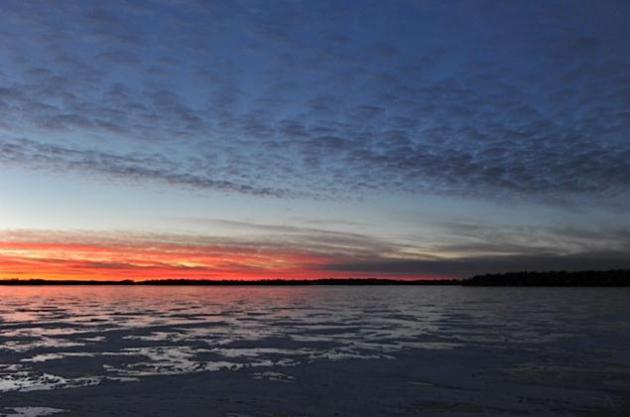
Not Quite Average
If you have one foot in ice water, the other in boiling water, do you feel average? Meteorologists track a rolling 30-year average for temperature and moisture, to provide perspective.
It's been more than cold enough for snow this winter, but storms have detoured around Minnesota. 18.7 inches of snow has fallen so far in the Twin Cities. Average snow, to date, is 26.2.
Last year only 17.3 inches had fallen by January 12 but we wound up with close to 70 inches for the winter. The same thing could happen again this year, but odds favor less snow overall, as El Nino shifts the storm track south of Minnesota.
March was once Minnesota's snowiest month of the year, on average. Now it's January, but I fail to see the ingredients necessary for a significant snowfall looking out 2 weeks.
ECMWF guidance keeps us dry into the weekend; another big sloppy storm tracks south of Minnesota next week. So close.
But the big story will be relative warmth: a streak of daytime highs in the 30s from Thursday into much of next week. Models bring more arctic air into town by late January.
Vulcanus Rex gets things kicked off at St. Paul's Winter Carnival, but King Boreas may get the last laugh.
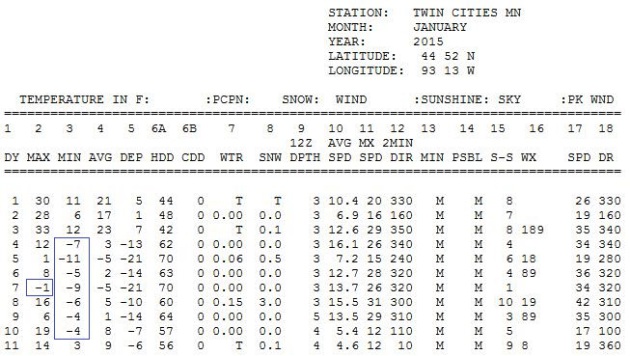
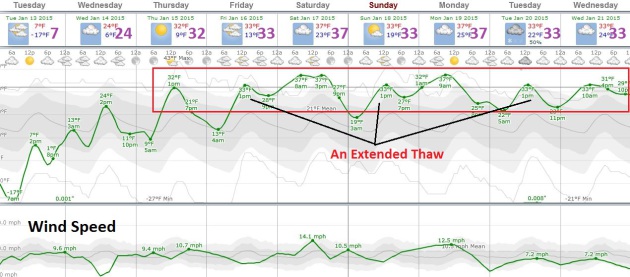
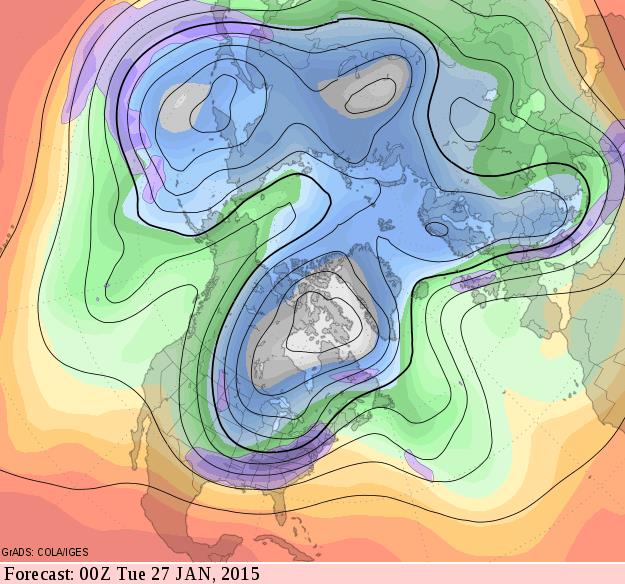
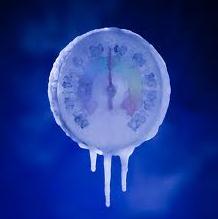

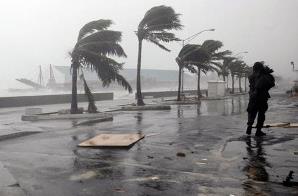
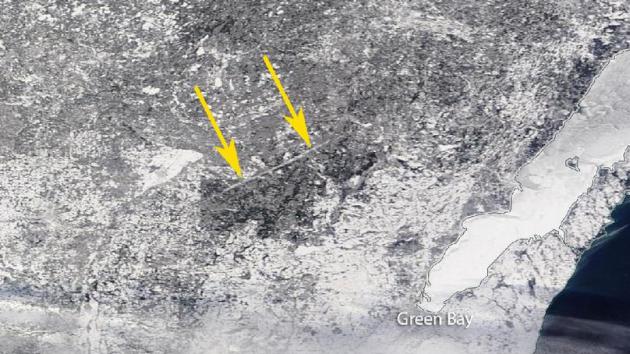
Almost
six months ahead of the 2015 hurricane season, a Florida-based company
is predicting a very active season. See PRESS RELEASE below:
Global Weather Oscillations Inc. (GWO), a leading hurricane cycle prediction company, says, “The 2015 Atlantic Basin hurricane season will be the most active and dangerous in at least 3 years, and the next 3 seasons will be the most dangerous in 10 years”.
- See more at: http://www.stlucianewsonline.com/2015-hurricane-season-predicted-to-be-the-most-active-and-dangerous-in-3-years/#sthash.MBSzPMBS.dpuf
Global Weather Oscillations Inc. (GWO), a leading hurricane cycle prediction company, says, “The 2015 Atlantic Basin hurricane season will be the most active and dangerous in at least 3 years, and the next 3 seasons will be the most dangerous in 10 years”.
- See more at: http://www.stlucianewsonline.com/2015-hurricane-season-predicted-to-be-the-most-active-and-dangerous-in-3-years/#sthash.MBSzPMBS.dpuf

Image credit above: "Pilger on June 21st, 2014, just days after the tornado."
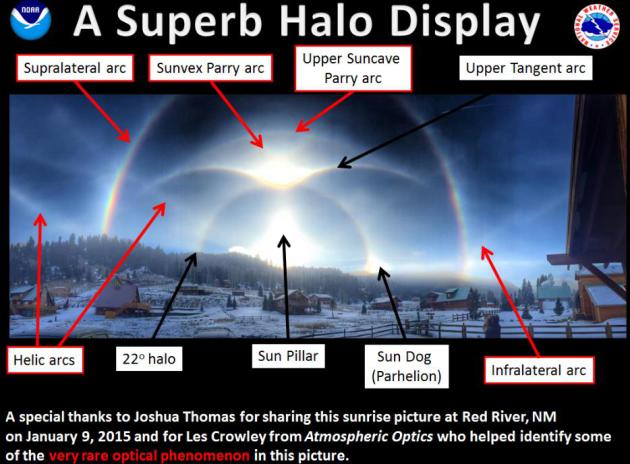



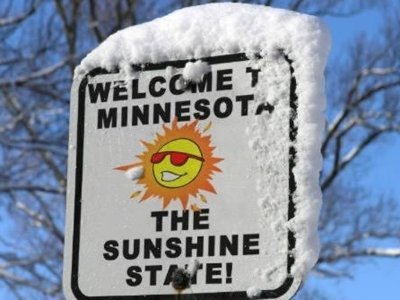
TODAY: -25 windchill early. Bright sun. Winds: S 10. High: near 10
TUESDAY NIGHT: Partly cloudy, not quite as Nanook. Low: 6
WEDNESDAY: More clouds, not as cold. High: 24
THURSDAY: Gray sky, welcome thaw! Wake-up: 13. High: 32
FRIDAY: More clouds than sun. Better. Wake-up: 19. High: 34
SATURDAY: Clouds, flurries, cooler breeze. Wake-up: 24. High: 36
SUNDAY: Clouds increase, light snow late. Wake-up: 18. High: 34
MONDAY: Mostly cloudy, still above average. Wake-up: 23. High: 32
Climate Change
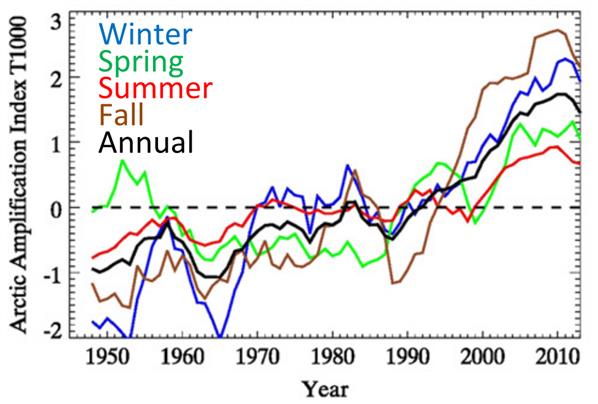
Scientists Discuss How Strongly A Warming Arctic Is Implicated In Extreme Weather. Here's a clip from a story at The Carbon Brief that caught my eye: "...Temperatures in the Arctic are increasing around twice as fast as
the global average. As Arctic sea-ice diminishes, energy from the sun
that would have been reflected away by sea-ice is instead absorbed by
the ocean, a phenomenon known as Arctic amplification.
Francis and Vavrus suggested that warmer Arctic temperatures weaken the
jet stream, a fast-flowing river of air high up in the atmosphere. The
theory goes that a weaker jet stream becomes 'wavier' and leads to more
persistent weather conditions, such as long cold spells in winter and
heatwaves in summer. The new paper by the same authors, published this
week in Environmental Research Letters, offers further evidence to support the link..."
Image credit above: "Timeseries
of the Arctic amplification index for each season. A positive index
indicates that the Arctic is warming faster than the mid-latitudes." Source: Francis & Vavrus (2015).


The
new Republican leaders in Congress have pledged to roll back the EPA’s
proposed new regulations on coal-fired power plants – a key component of
President Obama’s strategy to reduce global warming.
However, Republican voters are actually split in their views about climate change. A look at public opinion among Republicans over the past few years finds a more complex – and divided – Republican electorate.
- See more at: http://environment.yale.edu/climate-communication/article/not-all-republicans-think-alike-about-global-warming/#sthash.LFXUkam9.dpuf
However, Republican voters are actually split in their views about climate change. A look at public opinion among Republicans over the past few years finds a more complex – and divided – Republican electorate.
- See more at: http://environment.yale.edu/climate-communication/article/not-all-republicans-think-alike-about-global-warming/#sthash.LFXUkam9.dpuf
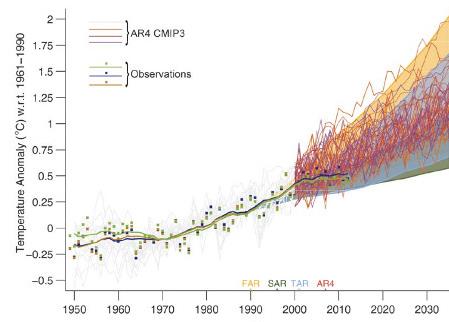
The
new Republican leaders in Congress have pledged to roll back the EPA’s
proposed new regulations on coal-fired power plants – a key component of
President Obama’s strategy to reduce global warming.
However, Republican voters are actually split in their views about climate change. A look at public opinion among Republicans over the past few years finds a more complex – and divided – Republican electorate.
- See more at: http://environment.yale.edu/climate-communication/article/not-all-republicans-think-alike-about-global-warming/#sthash.LFXUkam9.dpuf
However, Republican voters are actually split in their views about climate change. A look at public opinion among Republicans over the past few years finds a more complex – and divided – Republican electorate.
- See more at: http://environment.yale.edu/climate-communication/article/not-all-republicans-think-alike-about-global-warming/#sthash.LFXUkam9.dpuf
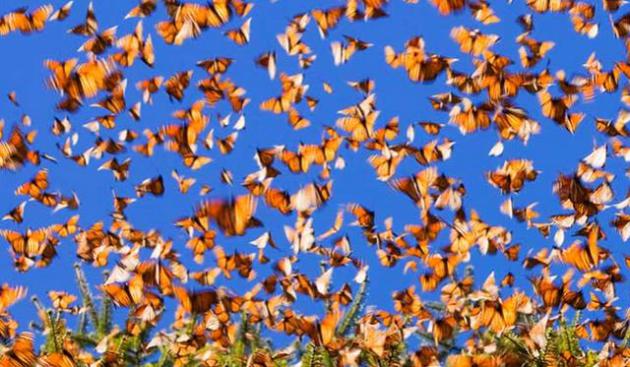
Climate Change Messing With Mother Nature's Time Table. Here's the intro to an interesting story at Climate Central: "In nature, timing is everything. From the mass migration of monarch butterflies to the simultaneous seminal release of corals to
the collective deaths of salmon and cicadas, many species stick to
schedules so strict, their habits could be used to mark the seasons.
Unfortunately, more and more evidence suggests that climate change has
already begun to cuss up these timetables. Some flowers,
for example, seem to be adapting more quickly to global warming than
the wild bumblebees they rely on for reproduction. The flowers bloom
earlier, often before the bees have emerged to transport pollen between
them. As a result, the plants produce fewer seeds..."
Photo credit: Tarnya Hall/flickr.
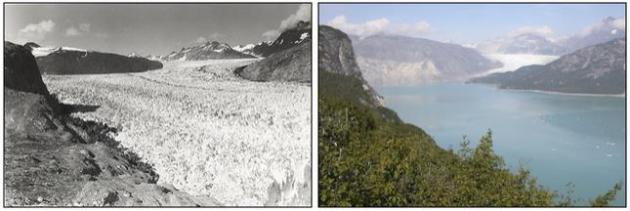
Climate Change Takes a Village. Villages in Alaska are on the leading edge of climate change, as described at Huffington Post; here's an excerpt: "...The
remote village of 563 people is located 30 miles south of the Arctic
Circle, flanked by the Chukchi Sea to the north and an inlet to the
south, and it sits atop rapidly melting permafrost. In the last decades,
the island's shores have been eroding into the sea, falling off in
giant chunks whenever a big storm hits. The residents of Shishmaref,
most of whom are Alaska Native Inupiaq people, have tried to counter
these problems, moving houses away from the cliffs and constructing
barriers along the northern shore to try to turn back the waves..."
Image credit above: "In
an undated handout photo, the Muir Glacier in Glacier Bay National Park
and Reserve in Alaska on Aug. 13, 1941, left, and on Aug. 31, 2004.
With every day, it seems, comes new evidence that the thawing of the
world's glaciers and ice sheets of Greenland and Antarctica is
accelerating and may have reached a point of no return." (Glacier Photograph Collection via The New York Times).
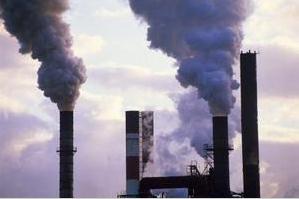
Conservatives Don't Hate Climate Science - They Hate The Left's Climate Solutions.
Because they invariably involve a much larger federal government and
top-down solutions. Because "the cure is worse than the disease", right?
Here's a clip from an interesting story at The Washington Post: "...A
similar result, incidentally, has been found by Yale researcher Dan
Kahan and his colleagues: Framing climate solutions around either nuclear power or geoengineering
(artificial interference with the climate system in order to slow the
rate of warming, a technological fix) also seems to make conservatives
more accepting of climate science. This is presumably because these
solutions are also perceived as being based on the free market and
individual ingenuity, rather than a command and control government
regulatory approach..."
No comments:
Post a Comment